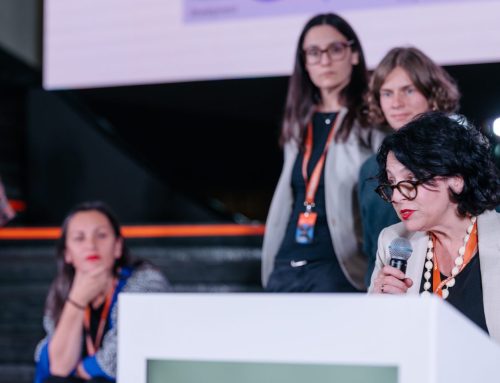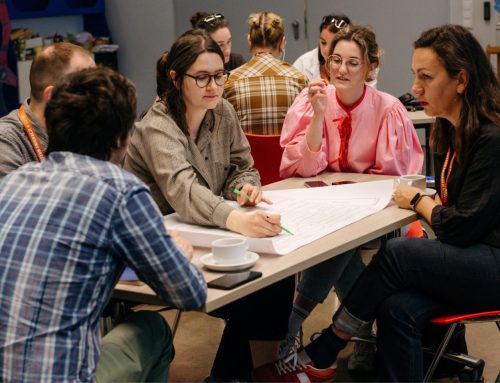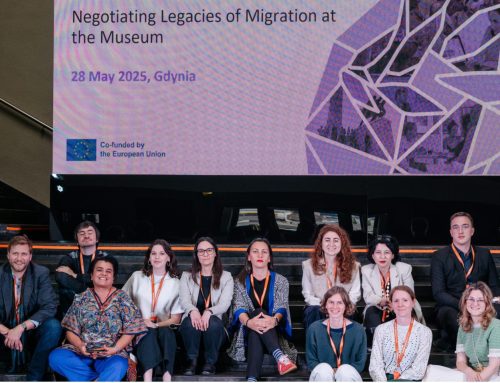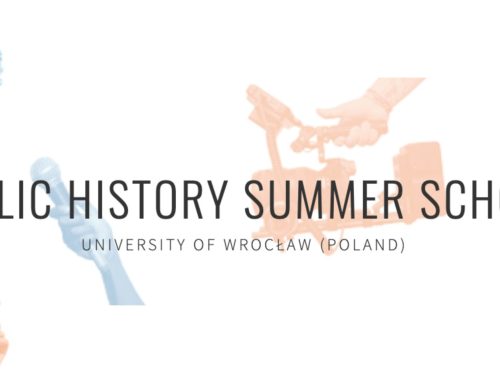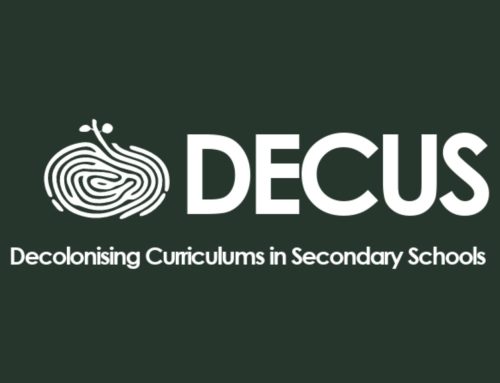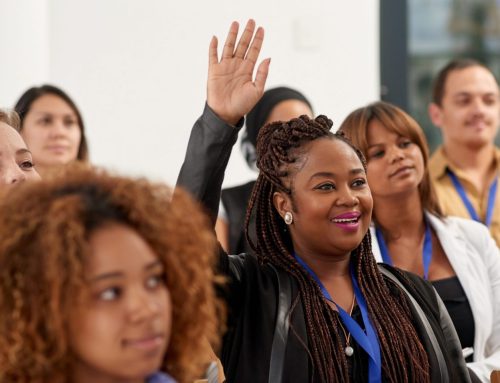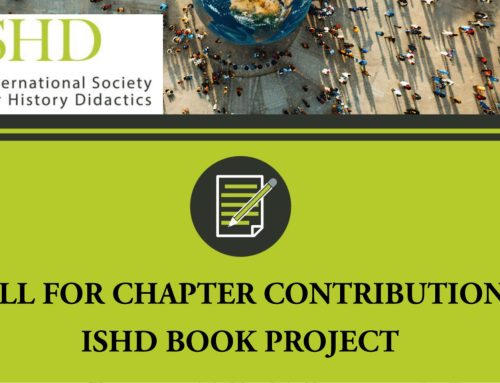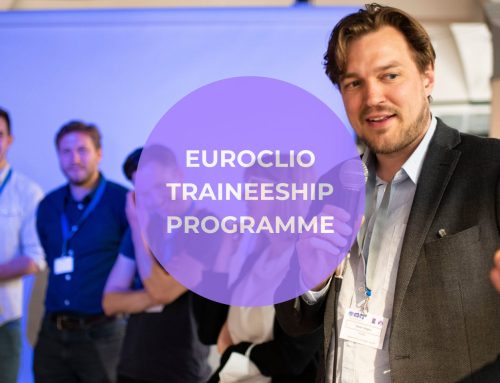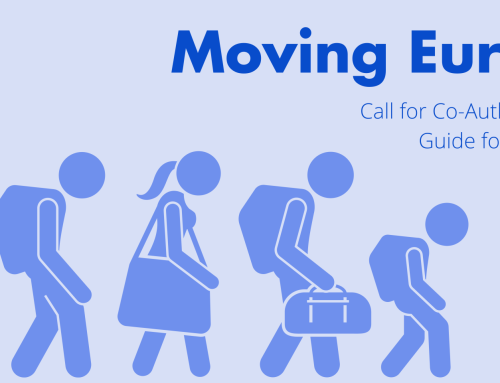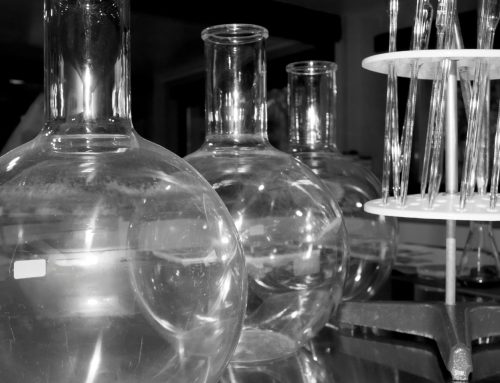If you would like to contribute to this session, please submit an abstract (600 words) and a brief resume (300 words) through the conference website as soon as possible but no later than the 1 November 2015. A peer-review panel will make the final selection of papers. The peer-review committee is composed of the session organisers and representatives from the ACHS.
For questions on the submission process or any other matters please contact session organiser Bethany Rex, International Centre for Cultural and Heritage Studies, Newcastle (UK) (b.rex@ncl.ac.uk)
Key dates: 1 November 2015 (deadline for abstracts), 31 August 2015 (registration opens), 1 April 2016 (registration deadline for presenters).
Involving communities, visitors or the public is frequently presented as one of the major tasks of museums and heritage sites in current global movements towards new collaborative paradigms (Golding and Modest, 2013; Watson and Waterton, 2011). Co-production is a highly current issue, and a proposed emancipatory solution to the authorized heritage discourse, which seemingly has reached a critical juncture. Scholarship has echoed calls from communities for more direct involvement in the presentation and management of heritage and material culture. However there is also a strong critique within the literature and a sense of dissatisfaction from professionals around the gap between the well-meaning rhetoric and practical realities – its effects have more often been tokenistic than transformative. This important critique has brought to the fore the issues of power and inequality in co-production, often drawing on the imagery of the ladder or spectrum of participation (Arnstein, 1969; Simon, 2010). It has also tended to optimistically re-employ these same critical modes to reimagine co-production practice.
This session invites new perspectives and new approaches to co-production that go beyond these strictly critical modes. The session aims to push the debate beyond the current focus of co-production debates which view co-production as something that takes place at various levels; the recognition of co-production as inevitably messy; and as meaning very different things to policymakers, practitioners and almost nothing to the ‘public’. We encourage papers to get up close to the recognised issues of power, hegemony and domination, but also beyond, in a ‘post-critical’ vein. This might include new languages, metaphors and imaginaries to address the roles, relations and stakes involved in the co-production of heritage, as well as approaches taken from a variety of disciplinary traditions. We therefore invite contributions drawing from diverse theoretical perspectives such as actor-network theory (Latour, 2005; Bennett, 2007), assemblage (Deleuze and Guatarri, 1987; Macdonald, 2009) and non-representational theory and affect (Thrift, 2010; Waterton 2014).
We invite theoretical and/or empirical contributions that explore the processes and practice of co-production along different terms to generate a richer understanding of the politics of co-production and its progressive possibilities for change. We particularly invite contributions focusing on professionals’ experience of co-production and their shifting understanding of expertise, knowledge practices and professional identities. With these issues in mind, we invite papers along (but not limited to) the following themes:
-how alternative framings of co-production change understandings of heritage;
-the merging of local knowledge/professional expertise;
-how knowledge and knowledge practices are constructed in empirical examples of co-production;
-how professional values/subjectivities are being challenged or altered in response to the imperative to co-produce;
-how emotion and feelings of belonging encourage co-production and/or co-management to flourish.
The format of the session will be 20 minute paper presentations followed by 10 minutes of questions from the audience.
If you would like to contribute to this session, please submit an abstract (600 words) and a brief resume (300 words) through the conference website as soon as possible but no later than the 1 November 2015. A peer-review panel will make the final selection of papers. The peer-review committee is composed of the session organisers and representatives from the ACHS.
For questions on the submission process or any other matters please contact session organiser Bethany Rex, International Centre for Cultural and Heritage Studies, Newcastle (UK) (b.rex@ncl.ac.uk)
Key dates: 1 November 2015 (deadline for abstracts), 31 August 2015 (registration opens), 1 April 2016 (registration deadline for presenters).

